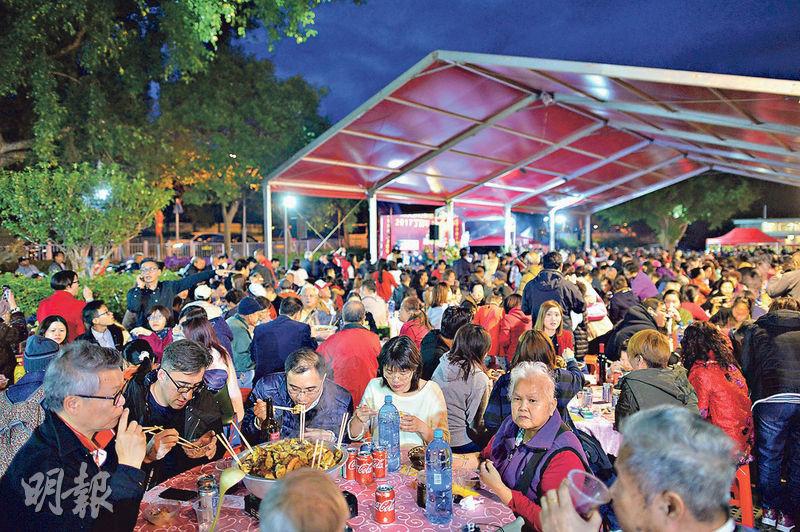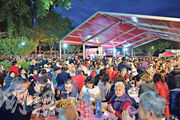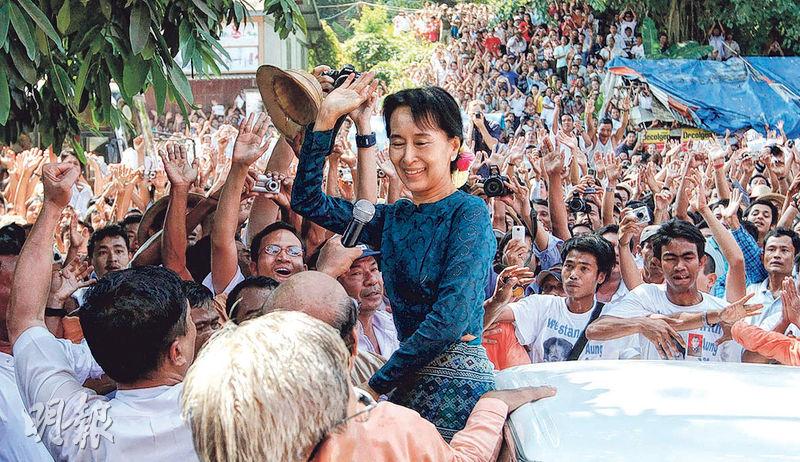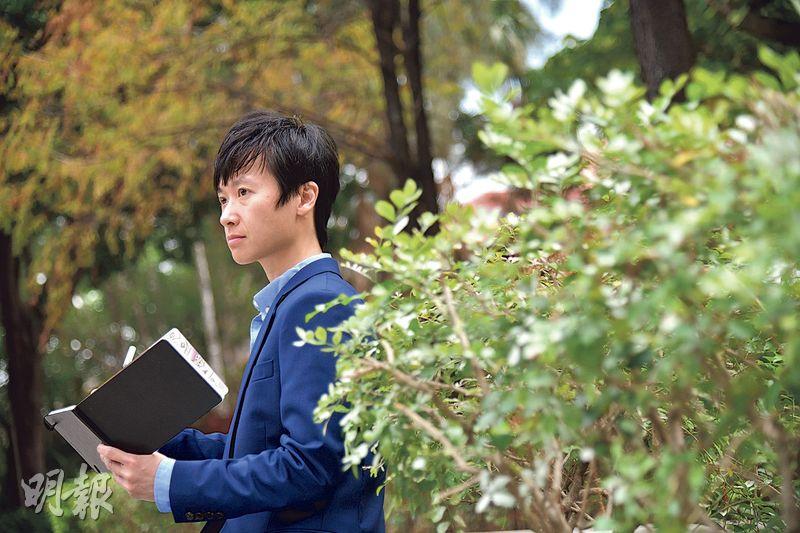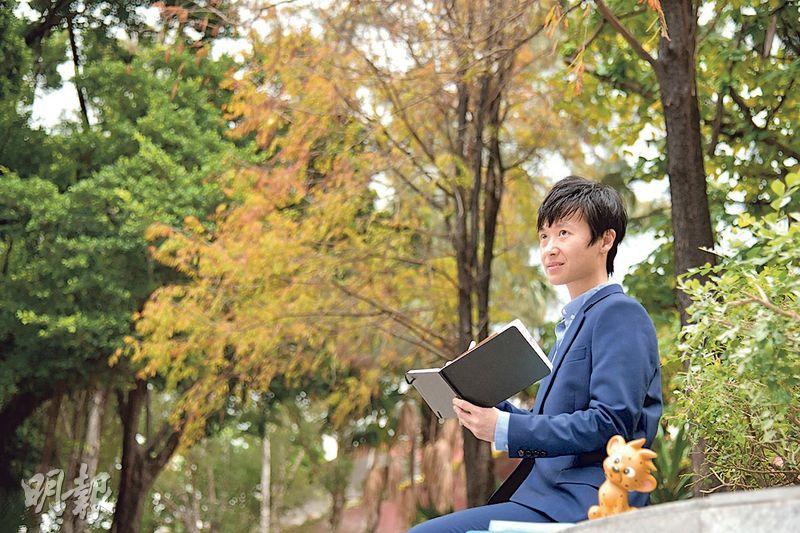Road to 5**:Traditional customs
【明報專訊】Culture is the shared values universally acknowledged by a region or its ethnic group. It is manifested through traditional customs, which are practices and passed down from generation to generation. They include rituals concerning matters such as holidays, marriages, parenthood, moving house, and funerals, all of which are closely related to our daily lives.
Statutory holidays
The values and spirit of a traditional custom are promoted and passed down by practicing it. Some traditional customs have been officially recognized. In Hong Kong, The Dragon Boat Festival, Ching Ming Festival, Chongyang Festival and Mid-autumn Festival are all statutory holidays. Most Hong Kong people still eat rice dumplings at Dragon Boat Festival and pay respects to their ancestors at Ching Ming Festival. At Chinese New Year, the Winter Solstice, and Mid-autumn Festival, most Hong Kong people have dinner with their families, showing the great importance attached to familial relationships.
No Christmas celebrations
Several universities in Xi'an and Wenzhou banned Christmas celebrations right before the Christmas of the year 2014. One of the universities said that many Chinese people increasingly valued Western festivals, while the culture encapsulated in traditional Chinese festivals was disappearing.
Shopping festivals
The introduction of commercial elements into traditional customs can inject vitality and even newness into them. Because of business opportunities, companies are willing to promote these customs, so that more people are aware of them. However, traditional activities that are of lower market or economic value are at risk of being consigned to oblivion, examples being the Ghost Festival . In fact, many traditional festivals are now so commercialized that they are not unlike “shopping festivals”.
Going online
Chinese people pay respects to their ancestors at Ching Ming festival. Iveneration.com, a local website, has introduced a number of services such as smart genealogies, a platform for family members to share their daily lives and a platform for paying respects to ancestors. There is also a mobile application compatible with rituals of different religions like Catholicism, Taoism and Buddhism.
In mainland China, many people often find it difficult to return home to pay respects to their ancestors. Therefore, some of them hire “proxies” to do this on their behalf. There have also been some greener ways of conducting the ritual, such as sending flowers and tying a red ribbon instead of burning joss paper.
Cheung Chau Da Jiu Festival
The Cheung Chau Da Jiu Festival(長洲太平清醮), a yearly event, originated in the Qing Dynasty. The Bun Scrambling Competition, which resumed in 2005, has now become a sports event. The festival was religious ritual whose aim was to pray for blessing and safety from harm; it is now a carnival. The religious part of the Cheung Chau Da Jiu Festival is being constantly simplified. Some people on the island are worried that the tradition will disappear one day.
Translated by Terence Yip
[通通識 第637期]

